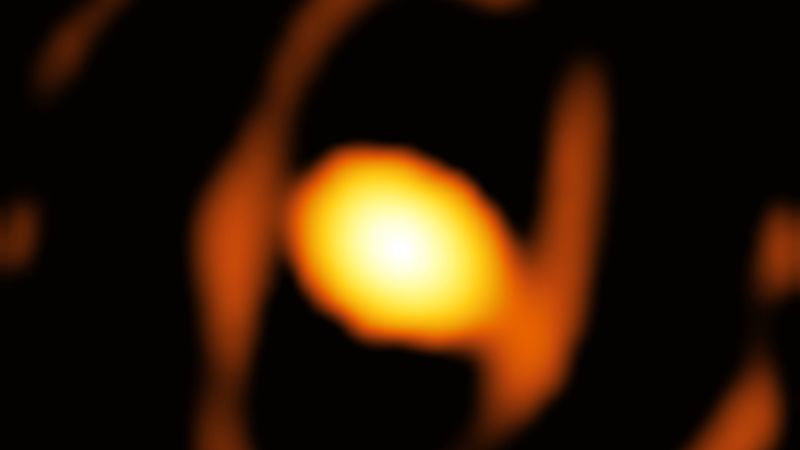
Electrode
In space and astronautical engineering, an electrode is a conductor through which an electric current enters or leaves a vacuum tube, ion thruster, or other electrical device in space. Electrodes are used in various space applications such as electric propulsion systems, plasma thrusters, and ion engines. They are typically made of materials that can withstand high temperatures and corrosive environments, such as tungsten, molybdenum, or graphite. The shape and design of the electrode can greatly affect the performance of the device, and engineers must carefully consider factors such as the electrode's surface area, temperature, and erosion rate. Electrodes are crucial components in many space missions, as they provide the means for generating and controlling electric fields and plasma.
Your Previous Searches
Random Picks
- Big Data Frameworks: Big Data Frameworks refer to the collection of tools, technologies, and platforms used to process, store, and analyze large and complex data sets. These frameworks are designed to handle the challenges of processing massive amounts of data, ... Read More >>
- Spacecraft Tracking And Control: Spacecraft Tracking and Control refers to the systems and techniques used to monitor and manage the trajectory, orientation, and systems of a spacecraft during its mission. This involves a combination of ground-based systems and onboard tec ... Read More >>
- Mechanical Forces: Mechanical forces refer to the physical forces that act on a spacecraft or a satellite during its launch, orbit, and re-entry phases. These forces include the gravitational force, the aerodynamic force, the centripetal force, and the thrust ... Read More >>
Top News

Archaeologists discover 4,000-year-old canals used to fish by predecessors of an...
Using drones and Google Earth imagery, archaeologists have discovered a 4,000-year-old network of earthen canals in what’s now Belize...
News Source: ABC News on 2024-11-22

First close-up image of a star beyond our galaxy may reveal impending supernova...
Astronomers have taken the first close-up image of a star beyond our galaxy, and it’s a “monster star” surrounded by a cocoon as it slowly dies....
News Source: CNN on 2024-11-21

Bestselling author explains the science of happiness: "You can do the work"...
Bestselling author and Harvard professor Arthur Brooks opens up about how enjoyment, satisfaction and meaning in life can increase a person's wellbeing....
News Source: CBS News on 2024-11-18

November's full moon, known as the Beaver Moon, is the last supermoon of 2024. H...
November's full moon, known as the Beaver Moon, is the last supermoon of 2024. Here's when it peaks and why it's called the Beaver Moon....
News Source: CBS News on 2024-11-15

You can't put a price on the sense of awe particle physics inspires...
Astronomy and particle physics are no longer seen as vital by the US establishment, so funding has fallen. But our work creates a sense of wonder, and wonder matters, says Chanda Prescod-Weinstein...
News Source: New Scientist on 2024-11-13